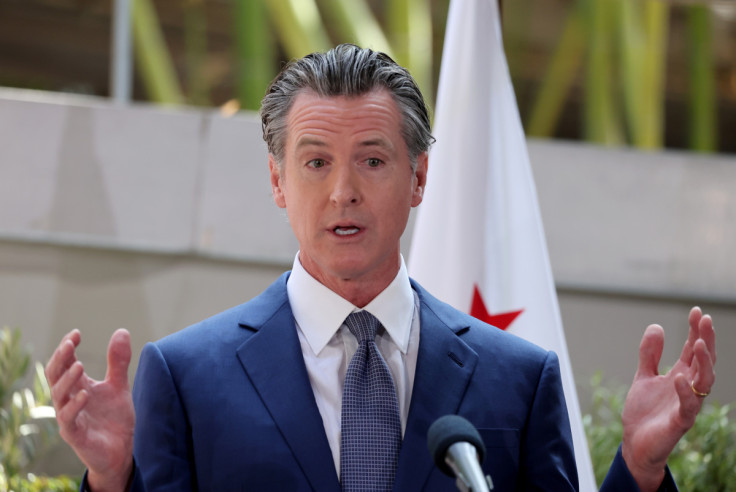
California Governor Gavin Newsom vetoed a bill that would have helped Black families be compensated for land unjustly taken from them by the government in the past.
Concretely, the bill would have created a process for potential beneficiaries to file the claims if they believed the government seized their property through eminent domain, and did so for discriminatory reasons and without providing fair compensation.
When explaining the reasoning behind the veto, Newsom made reference to the fact that the initiative could not be implemented, as it would have needed a complementary bill that was earlier blocked by state lawmakers.
The initiative contemplated the creation of a reparations agency that would have reviewed the petitions. However, it being blocked means it was never created. "I thank the author for his commitment to redressing past racial injustices," Newsom said in a statement. "However, this bill tasks a nonexistent state agency to carry out its various provisions and requirements, making it impossible to implement."
The veto comes amid broader efforts by the Black Caucus to pass a package of reparations-related bills this year. Among those bills are measures requiring the state to formally apologize for its role in slavery and its ongoing impacts, to enhance protections against hair discrimination for athletes, and to combat book bans in state prisons.
Bradford also introduced separate legislation this year to create an agency that would help Black families trace their ancestry and implement future reparations programs. Another proposal aimed to establish a fund to support reparations-related legislation.
However, these measures were blocked by Black Caucus members from receiving a final vote in the Assembly. The Caucus expressed concerns over legislative oversight of the proposed agency and declined to comment on the reparations fund proposal, as it was not part of their core legislative priorities.
Newsom has recently vetoed other measures with minorities at the center of it, a recent one seeking to help undocumented immigrants buy homes in California. He also vetoed a bill that would have allowed undocumented students in California to work on public university campuses. The legislation, the first of its kind in the U.S., sought to provide campus job opportunities to students who were brought to the country as children and lack work authorization.
In his veto message, the governor pointed to potential legal risks, including civil and criminal liabilities for state employees. "Given the gravity of the potential consequences of this bill... it is critical that the courts address the legality of such a policy before proceeding," he wrote.
© 2024 Latin Times. All rights reserved. Do not reproduce without permission.







